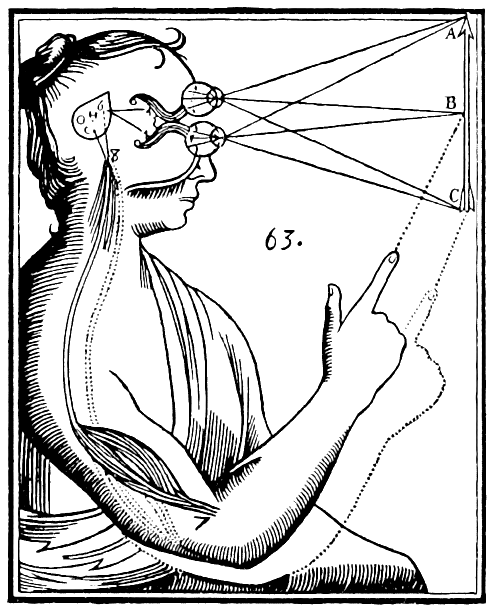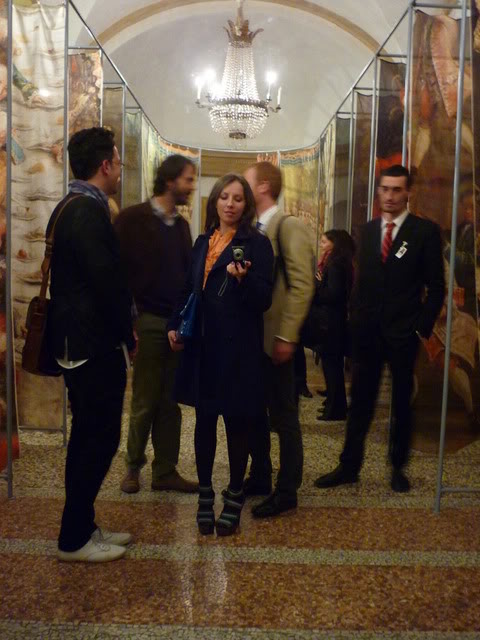
I woke up at 4:04 this morning, rolled over and tapped the following message out in an email to myself:
Making order out of chaos or chaos out of order. Why do humans attempt to systematise everything? We like to feel in control, but how much control do we really have?
I've a long-standing love affair with the idea of perception as reality (was sort of my unofficial motto for a while) and the fine, fuzzy line between philosophy and neuroscience. Yesterday, I skimmed an article about whether you can know something without believing in it. The study gave as a rather lacklustre example a student who believed they knew nothing about history, but when asked about dates of important events could rattle off a surprising amount: hence the student knew facts about history without 'believing' in them.
I suppose this translates into ideas of perception and control in that humans tend to feel happier and more satisfied if their self-perception leads them to believe they have a sense of control over their own lives. A well-known example of this comes from Ellen Langer and Judith Rodin's 1976 study whereby nursing home residents were given plants, but only some were given the opportunity to water and look after them. The residents who were in control of caring for their plants lived longer than those who had no control over the care of their plants. The psychological sense of control was enough to result in an apparent effect on the physical health of the residents.
It's quite remarkable that a sense of control is enough to make us healthier and happier, even if this sense is simply a perceptory illusion. We seek order and control as intuitively and naturally as a falling cat seeks to manoeuvre itself to land on all four feet. We're more likely to seek out or to create a pattern as a means of preserving this feeling of control, even if those patterns are illusory.
From a neurological point of view, it seems better to maintain this illusion of control as it contributes to a happier, healthier individual, but philosophically I find the whole premise uncomfortable. It's sort of analogous to the idea that ignorance is bliss, I suppose. How helpful (from a philosophical standpoint, anyway) is a perception of control if it's only a conceit? I don't know. I'm still working it out. Or at least, evidenced by my 4am sleepy emails to self, my subconscious is...




2 comments:
I muse on this regularly. Why do I have to organise my stuff in a certain way, even if I am only staying in a hotel room for one night? Why do I get so furious when I can't order a meal because others round the table are too busy talking to concentrate on the menu?
Looking after two young kids now I see that much of what we consider to be the normal tantrums in childhood in fact stems from an awareness of their total lack of control of their own destiny. No wonder kids are all picky eaters these days. Saying 'I don't want that', is one of the few decisions they get to make.
When I get old I'm gonna live on a massive tomato farm and water very selectively.
You're only a small step away from being a disciple of S. Freud and declaring that all motives are simple and the conscious brain merely provides justifications.
Post a Comment